There are two important words in the topic.
- Censorship
- Democracy
First let me make it very clear what censorship is about.
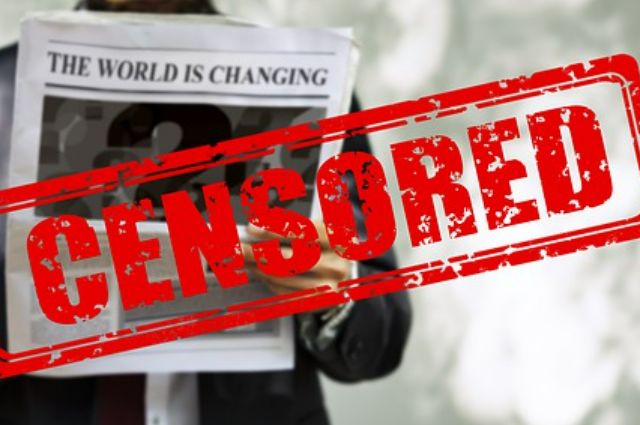
What do you think? Is it only about filtering the information before they reach us? Is it only about banning the books or movies which contain some inappropriate contents?
According to me, it's not only about this. Basically in today's era, government is using Censorship only according to their need. Censorship is basically about controlling the contents before they reach us to prevent disputes, to prevent children from unusual contents that may have bad effects on them. But do you think that just by imposing censorship on several movies or books, you will be able to prevent them from those things, especially in this world where they can see live examples of such things? I don't think so.
Censorship has many bad effects which cannot be ignored.
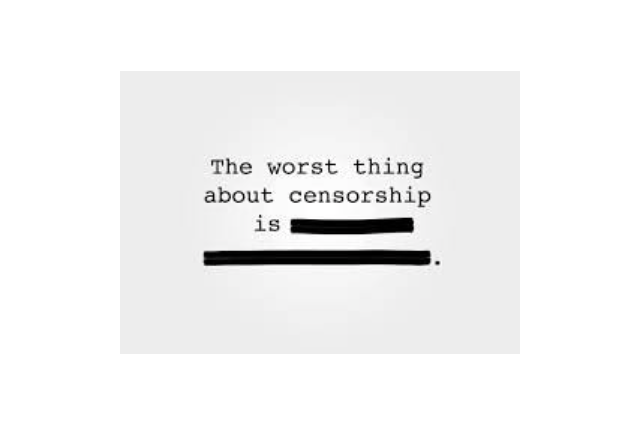
In a country like India where there is Democracy, censorship can not work!
Censorship clearly contradicts democracy. Democracy is not only about the slogan said by Abraham Lincoln "To the people, by the people, for the people". It also means Transparency. Transparency between government and citizens. Censorship not only contradicts Democracy but also violates Right To Access Information. Now a question arises how?
Simple, we have given this power to them about whom we have to know i.e. Government. We have right to know about the government. But government can misuse the power of imposing censorship. They are imposing censorship on information by saying that those information are inappropriate for us, they can create disputes.
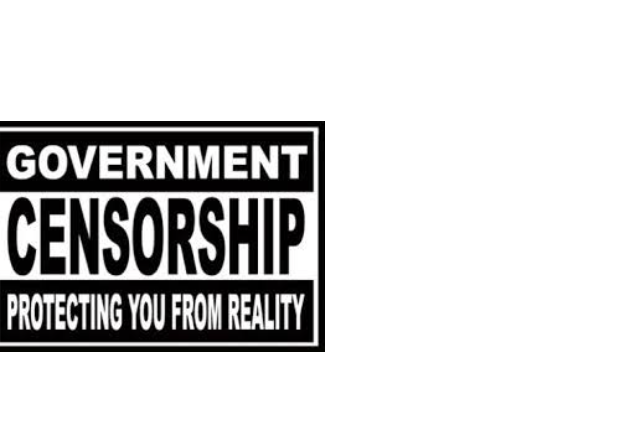
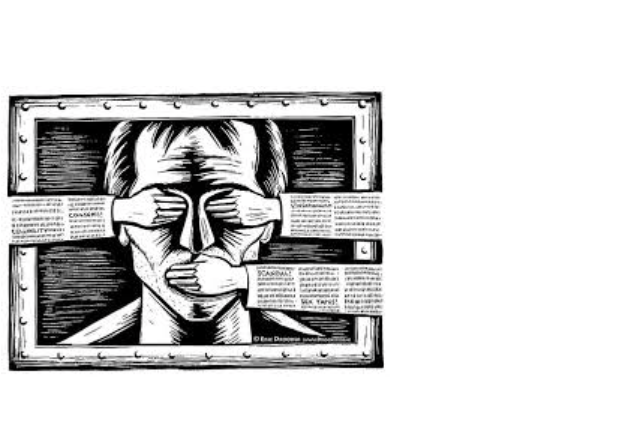
Government has control over digital and print medias. Censorship causes fear in medias because of government. If they will show anything against government, they could be banned under the power of censorship. It violates Freedom of Expression. A person cannot express his opinions freely about government or about anything under this, because that might create dispute. For example in a country like China, where there is One Party Rule or we can say, Dictatorship, they are using Censorship according to their need. To give just one example, Jack Ma, founder of Ali Baba group, who has been one of the richest person of Asia, once said something that was against government, and now, no one knows where he is! How? Because government imposed censorship on him. Censorship is barrier in the way of Democracy. India is a democratic country, we have right to choose our government, put forward our opinion about government either that is in favour or against the government. But censorship doesn't allow us to do so.
Now let's have a look over some points that favour censorship and government uses it as excuse. The major points are:-
1. Bold scenes in movies.
Okay, they are saying that they impose censorship on those movies that has bold or sexual contents. Then my question is, do they know which is the most earning industry in today's era? My answer can shock you. However I am not surprised. It is Pornography industry. You are saying that this is not good for children to see those scenes, which is correct in one way, but on the other hand, why can't they ban porn industry? The answer is they cannot ban porn industry because it will badly affect Indian Economy. If they are this much concern about the children, then forget about economy and put a ban on that industry. Secondly, there are many such things that can affect children and youth of today's generation. One of them is Alcohol. Alcohol is injurious to health. So they are concern about the youth why can't they ban Alcohol? It's because it will also affect Indian economy, that get highest tax on those products. And yes, we have alternative, instead of censorship, they can put restrictions on movies also, age restriction. Because of censorship, many movies are banned before they release that may have some informative contents, it's not always wrong. Other is, we can educate our children, we can teach them what to watch or see or read and what not to. We can not always let them escape from the reality, they have to face the world atleast at once, and only then they can be mature. We cannot always hold their hand and walk with them, we have to leave them atleast once so that they can make difference between right and wrong. But of course, government cannot prove their selfishness of imposing censorship behind such a serious topic, instead we have alternatives for that.
2. National Security
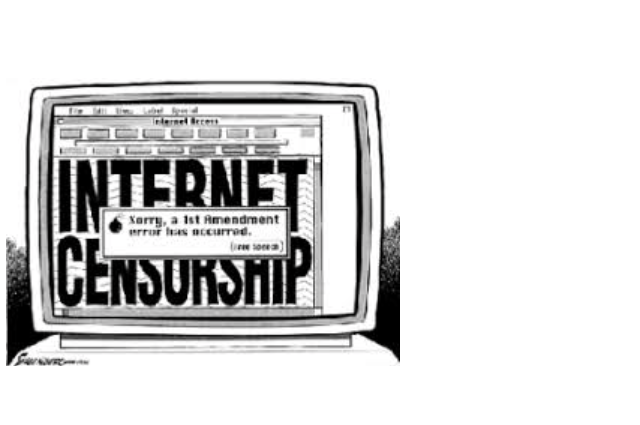
They say that censorship is necessary for national security. They put censorship on social media and internet because that may leak some credential information. So my question is, if some information is really credential that it may cause threat on country, so why do you need to put it on internet, just make it credential and don't put it on any social media Or internet, then you don't have need to impose censorship. Let's take the example of Indian heaven, Kashmir. In this generation where we are using 4g Or 5g internet connections, Kashmir is still at 2g-3g connection, why, because of so called national security, government have imposed censorship on internet. Do you know that during the past 2 years where we were totally depend upon online education, all the schools, colleges, coaching centres we closed due to Covid, there was no internet connection in Kashmir, so the students did not have access to have any kind of education, neither offline nor online. Do you think this is right for them? Is it not threatening their future? There was no education in Kashmir for almost 2 years and no one cared about it. Instead of banning internet connection, they can be responsible enough to prevent their credential information so that neither national security be threaten nor education of future of India.
Censorship is such a broader and serious topic which cannot be completed in just one article. We need to understand the real use of it. We need to understand that government cannot use it according to their need. It is right in some aspects, but it would be right only when it would be a free body, when it would not be controlled by government but freely as Election Commission.
